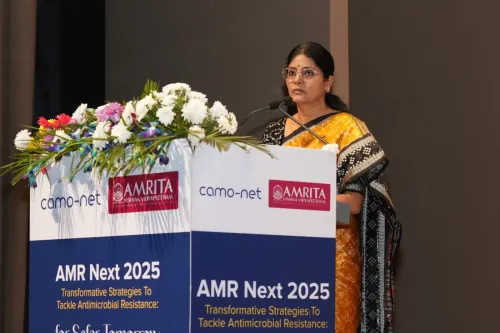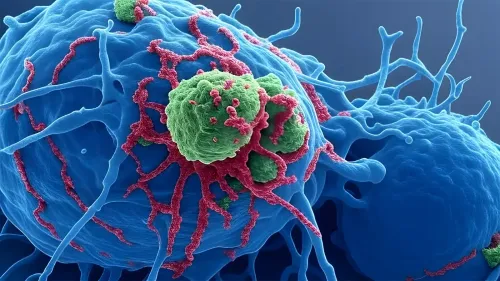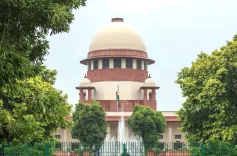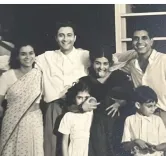Is There an Urgent Call for New Treatments for Sickle Cell Disease?
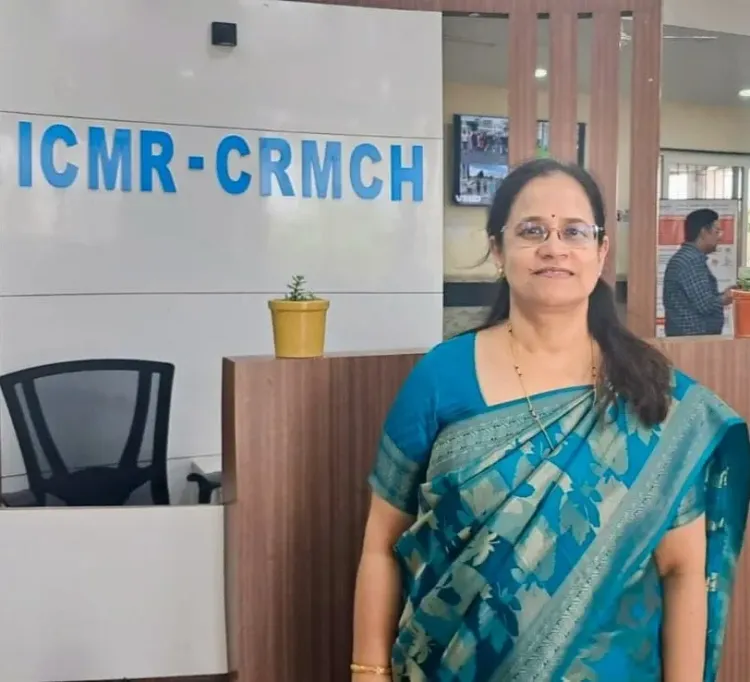
Synopsis
Key Takeaways
- Hydroxyurea is the only effective treatment available, but not for all patients.
- The government has allocated Rs 10 crore to support the development of new drugs.
- Sickle cell disease predominantly affects tribal populations in India.
- There is ongoing research for alternative therapies, including gene therapy.
- Improved treatment options could significantly enhance patients' lives.
New Delhi, June 24 (NationPress) The quest for new medications for individuals suffering from sickle cell disease is of utmost importance, stated a leading scientist from the Indian Council of Medical Research (ICMR).
In an interview with IANS, Dr. Manisha Madkaikar, Director of the ICMR- Centre for Research Management and Control of Haemoglobinopathies (CRHCM) in Nagpur, revealed that among numerous treatments, only hydroxyurea has proven effective.
Hydroxyurea is also part of the National Health Mission's list of essential medications.
Nonetheless, this drug proves ineffective for many patients, creating a pressing need to discover more effective treatments.
“Sickle cell disease has been known to us for decades, yet only hydroxyurea has consistently demonstrated its efficacy. It significantly enhances the quality of life and reduces complications for patients,” stated Madkaikar.
“However, some individuals do not respond to hydroxyurea. Additionally, patients must undergo lifelong treatment with this drug, highlighting the urgent need for improved therapies,” she added.
This statement comes after the government recently announced a funding of Rs 10 crore to foster the development of a new medication for sickle cell disease treatment.
The tribal affairs ministry, in partnership with AIIMS-Delhi, will host a competition for drug development. The most promising proposal will receive funding up to Rs 10 crore, as declared by Union Minister of State for Tribal Affairs, Durgadas Uikey, during an event commemorating World Sickle Cell Day in the national capital.
Uikey also introduced the Bhagwan Birsa Munda Prize to recognize outstanding efforts in developing new treatments.
Sickle cell disease is a hereditary disorder predominantly found in regions with significant tribal populations. Approximately one in 86 births among Scheduled Tribes experience this condition, which impairs hemoglobin in red blood cells, leading to serious health consequences.
Madkaikar emphasized that research is ongoing beyond just bone marrow transplants and gene therapies, which, while available abroad, are currently inaccessible in India.
“We lack any other medication that has shown potential similar to hydroxyurea. There is a significant opportunity and necessity to discover treatments that could revolutionize the lives of those affected by sickle cell disease,” she concluded.



